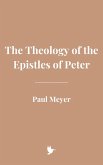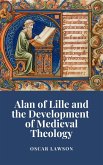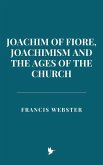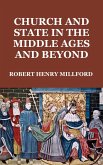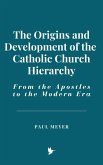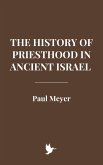The Fathers saw the covenant with Adam as a promise restored by Christ, the "new Adam." The Mosaic covenant, particularly the giving of the Law, was understood as revealing humanity's sinfulness and pointing to the need for Christ's redemptive grace. Typological readings highlight figures like Isaac, whose near-sacrifice foreshadows Christ's crucifixion, and Joseph, whose betrayal and exaltation prefigure Christ's passion and resurrection.
The Pentateuch's promises, such as the inheritance of the Promised Land, were seen as symbols of the ultimate heavenly inheritance, and the Tabernacle and Temple were viewed as types of the heavenly sanctuary where Christ now reigns as High Priest. The moral and spiritual lessons of Deuteronomy, especially the call to love and obedience, were foundational for Christian ethical teaching.
In sum, the Church Fathers approached the Pentateuch with a Christocentric lens, seeing in its narratives, laws, and promises the foreshadowing of the New Covenant, the fulfillment of God's plan in Christ, and moral guidance for the Christian life. This patristic understanding of the Pentateuch continues to shape Christian theology and spirituality today.
Dieser Download kann aus rechtlichen Gründen nur mit Rechnungsadresse in A, B, CY, CZ, D, DK, EW, E, FIN, F, GR, H, IRL, I, LT, L, LR, M, NL, PL, P, R, S, SLO, SK ausgeliefert werden.



